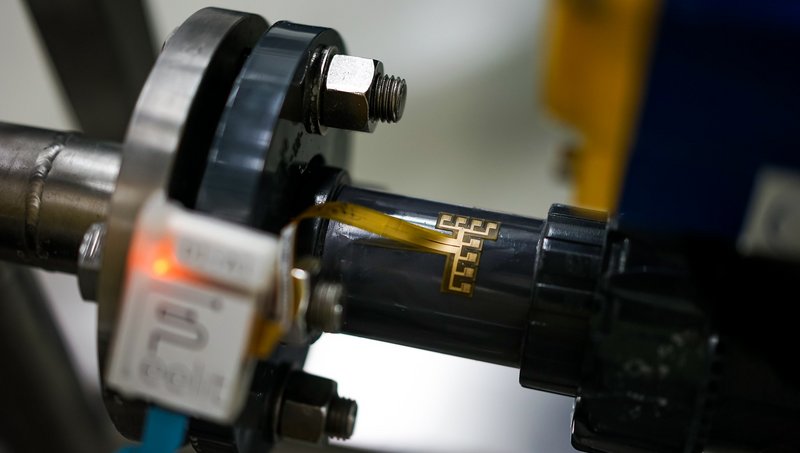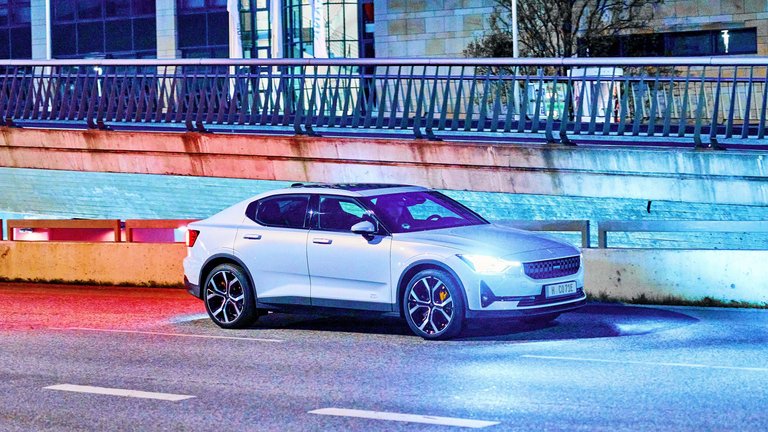Sophisticated technologies extend range and battery life
Lithium-ion batteries store large amounts of energy and offer an attractive vehicle range. However, electric cars are susceptible to extreme temperatures that can cause unexpected malfunctions and lead to high costs if the battery needs to be completely replaced. The ideal temperature for efficient operation is between 20°C and 40°C.
To keep the battery of an electric car within an optimal temperature range, it must be cooled in summer and heated in winter. For greater range, fast charging and a longer battery life, a sophisticated thermal management system with several cooling circuits is therefore indispensable. Essential here are special hoses and lines that cool the battery and the extremely sensitive power electronics. Continental currently supplies flexible lines for the air conditioning system and heat pump for temperature control in the VW ID.3, using the climate-friendly R744 refrigerant. Smaller cross-sections, for example on the high-pressure side and in the battery cooling train, help reduce the amount of required coolant compared with earlier systems.
The right mix of rubber, polyamide and aluminum materials and efficient line geometry ensure the necessary intrinsic stability of the system. Special lines and connection elements made from high-performance materials are developed for this purpose. To monitor electrical current and temperature information, Continental has developed a current sensor module aimed at ensuring the durability of the high-voltage battery. Since the battery is the most expensive component in an electric car, the current sensor module is also designed to maintain the battery properties and limit aging effects. Furthermore, it assists in calculating the precise remaining range. The product is set for production in a state-of-the-art electric vehicle from a global manufacturer before the end of 2022.

